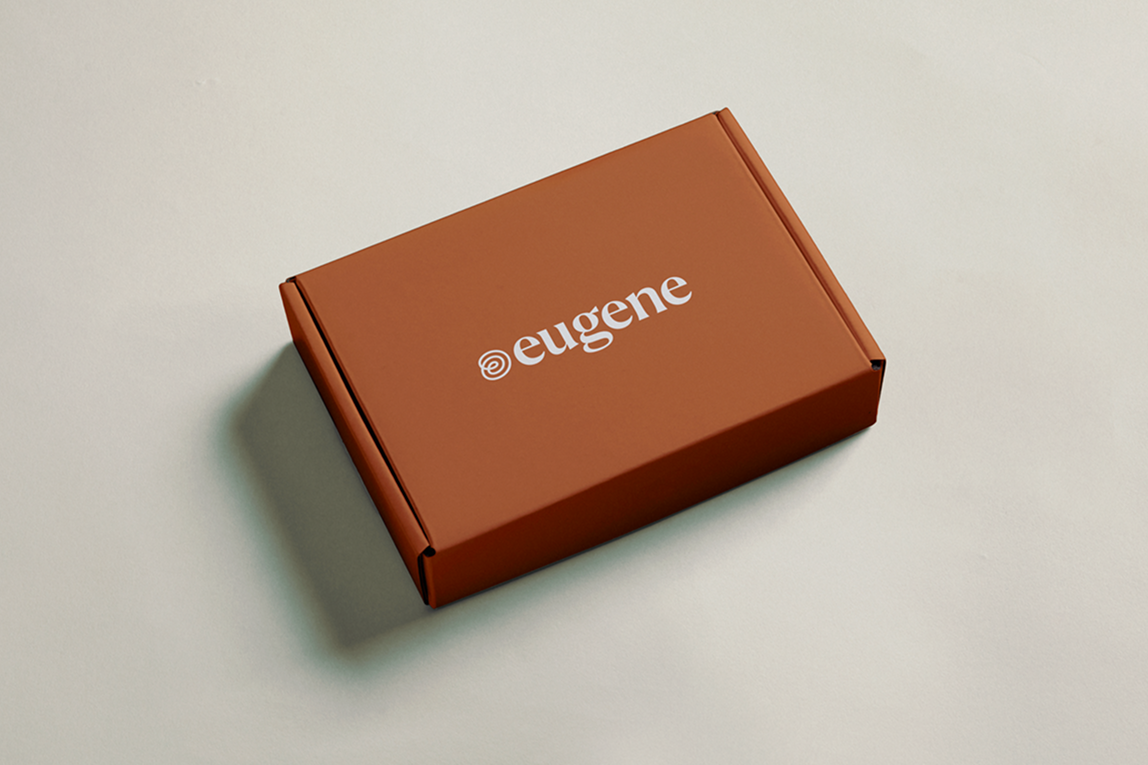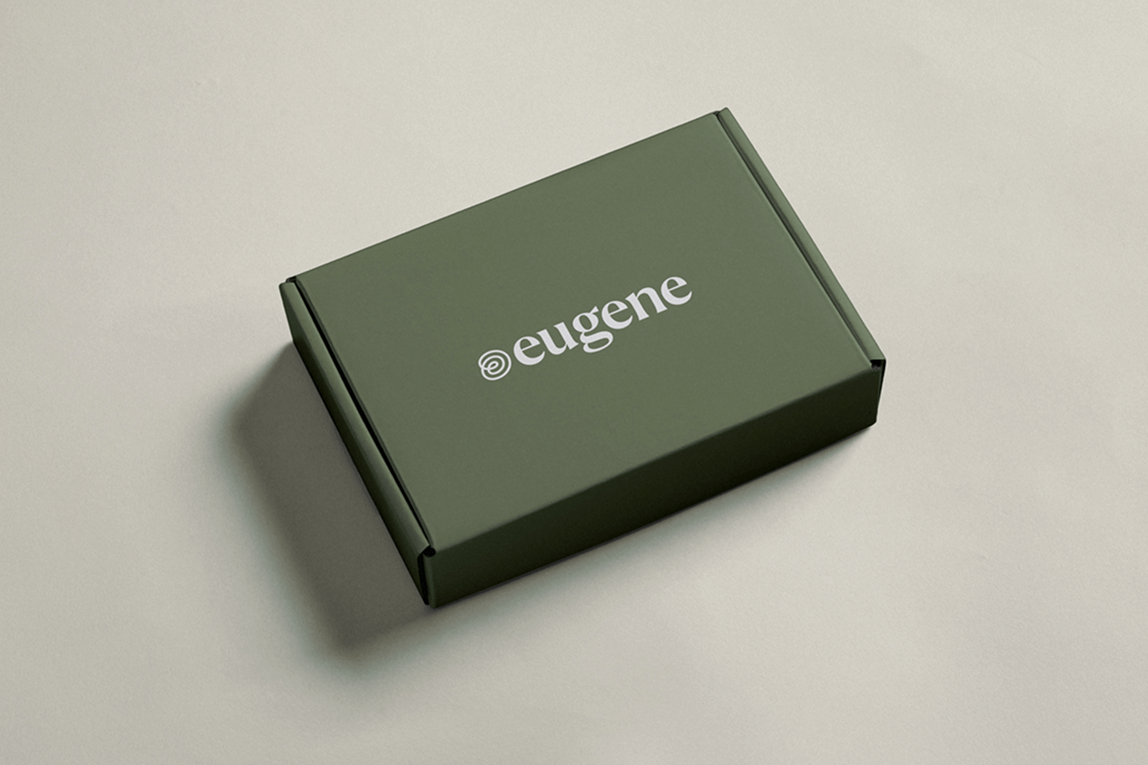Let's talk about genetics and how to navigate through the constant stream of "information" out there. On any given day, countless articles are being published — from reporting on genetics and its implications on health conditions like autism or schizophrenia to how-to guides on using genetics to "maximise your gains"; the list goes on!
Media plays an important role.
We all know that media can be incredibly helpful in making science accessible to a wider audience, but unfortunately, it can also be a source of confusion and even misinformation. With headlines like “I took a DNA test to maximize my workout gains” or “Schizophrenia Is 80% Genetic,” it's hard to know what to believe.
The rush to get clicks, views, paid press, and your $$ it has resulted in press releases of any and all research papers and consumer products that come to their desk.
It’s a numbers game
For complex conditions like autism, both genes and environment play a role. But understanding how much is contributed by genetics and how much by one’s environment has been subject to much debate. The article's study cited found that genetics likely accounts for around 83% of the disorder.
This sounds like a lot and can cause alarm for many people. But it’s also misleading. It’s not that it’s bad science; it’s just that population-scale research cannot (and should not) always be applied to understand an individual person’s risk for the condition. Basically, it's complicated.
It’s a jungle out there.
Media organisations and companies often bait people into content and products that try to apply population-scale scientific research personally to you indiscriminately. They use the names of scientific journals and studies they “cite” as “proof”, making it all sound very convincing. But of course, that's not how it works, but that doesn't seem to matter. Why? Because it's an effective sales technique, and as such, we can expect it to happen more and more.
What to do about it?
Consumers have to start casting a more discerning eye. Take most health and science things you read in popular media with a grain of salt. Reading the latest research is a great way to engage with science, but never assume those “percentages” apply to you. If you’re concerned about something, always always, ALWAYS consult a trained professional, like a genetic counsellor.
Why is Eugene different from the rest of the noise
At Eugene we only test for potentially life-threatening conditions - that are clinically actionable. This means that our tests are medical-grade with reports you can act upon. These actions may be medical referrals provided by our registered genetic counsellors.
Finally, if you come across articles, products and claims you’re concerned about, send us a message at hello@eugenelabs.com. We may not always be able to advise, but we may at least be able to point you in the right direction.




